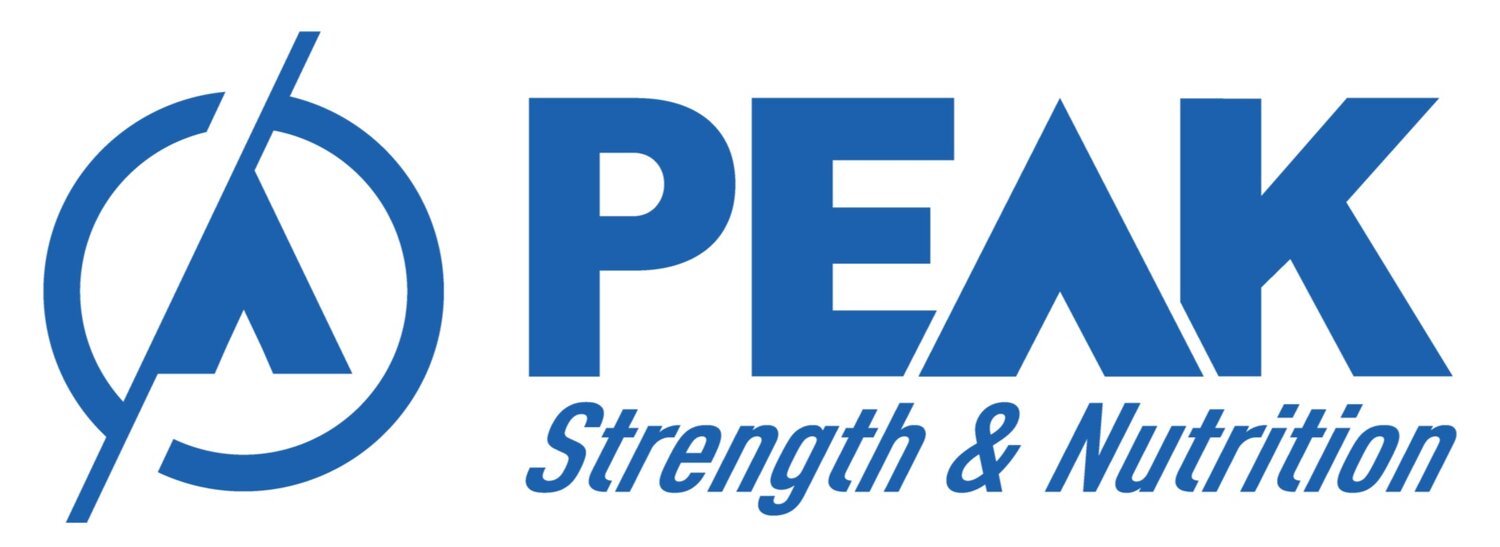This Simple Diet Change Could Help Busy People Lose Weight
If you're someone who spends a lot of time in the office, you're probably aware that you need to move more.
Sure, you're probably getting a fair few steps in each day, or get up each hour to move about, but you know you could do more.
Inactivity is part of the reason we, as a society, are becoming more overweight.
But just like we have to move more, we probably need to eat better.
Eating better, unfortunately, is being sold as detoxes, new trendy diets and shakes.
And it's not that these things don't work, they just don't tend to work for too long.
And so, many people hop back on the weight gain merry-go-round.
So we're facing a problem on two fronts; our jobs mean we don't move much, and we're just consuming too many calories, relative to how much we move.
Do you know how to train to stay lean and healthy?
Do you how to eat to do the same?
Look at the internet and you'll have 1 million answers. Good luck finding the right one...
The training aspect of things, I've covered in many articles in the past, and will do so again in the future.
But for this blog, I wanted to go over a simple change to your diet that can help you reduce the calories you consume.
It's called Intermittent Fasting (IF), and it's a very much talked about diet strategy over the last few years.
The problem is that many of the studies on IF talk about massive benefits, which honestly, can't be substantiated.
But there is a simple benefit to IF that helps for the busy office worker; it can limit how many calories you consume.
But before we go into those details, an explanation of how IF can be done.
There are a number of strategies. You may have seen the 5:2 diet, which is a form of IF and quite popular at the moment. There's also the Warrior Diet, which is 20 hours of fasting, followed by a 4 hour eating window. Some people simply fast for 1 day each week, or fast for 1 to 3 days at a time, once a month.
But in this blog I wanted to talk about daily fasting of 16 hours fasting and 8 hours feeding window (16:8).
The reason I prefer this method of IF is because it's the same process everyday, and the best way to practice and get better at something, is to do it everyday.
Now, why IF works in reducing calories, it that is basically removes one of your meals each day. This is great because:
You don't spend time eating (generally in the morning), and can work through until lunchtime, uninterrupted.
Eating one less meal means you consume less calories, and less calories can lead to weight loss.
There is of course, caution that needs to be considered with doing this type of diet.
Firstly, if it feels really hard (it might at the start) and unsustainable, then don't do it. The best way to ensure a diet fails is by making it too hard to maintain.
Secondly, fasting for 16 hours doesn't give you a green light to eat whatever you want for the remaining 8 hours. Think of it as removing 1 entire meal from your diet, and the other meals staying at or around about the same amount of calories as they usually are. This is one of the common reasons people fail with IF.
This is a diet that I have used successfully in the past, especially when I worked in engineering. And it's still something I go back to now and then, especially to get work done in the morning when I have my best concentration. But again, it has to be sustainable for you in order for it to work.
If you want guidance implementing this or any other diet into your life to get lean and healthy, fill out your details below and start your journey with PEAK Strength and Nutrition.
LEARN HOW TO BECOME STRONG FOR LIFE BY TAKING CONTROL OF YOUR TRAINING AND NUTRITION
Photo by rawpixel.com from Pexels


